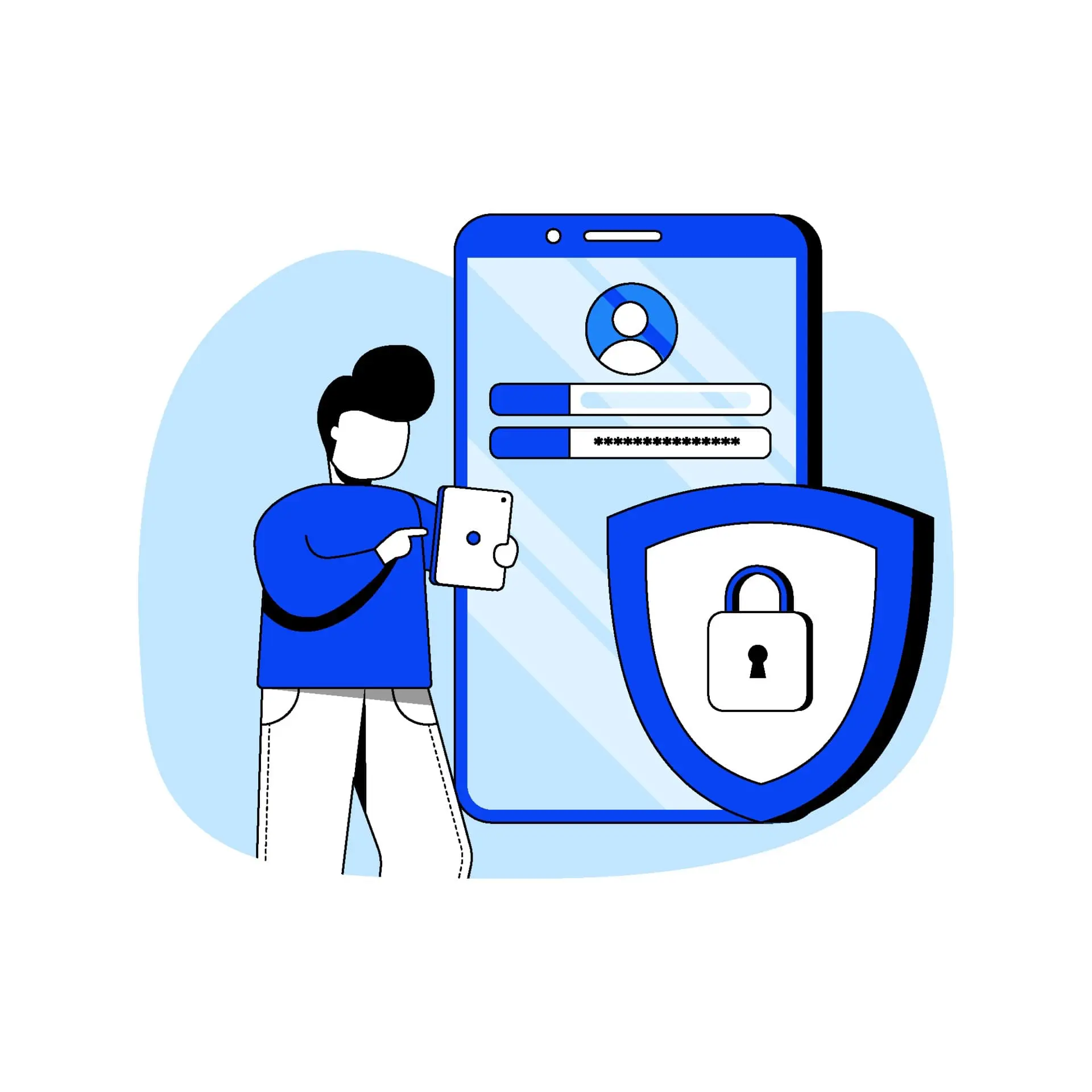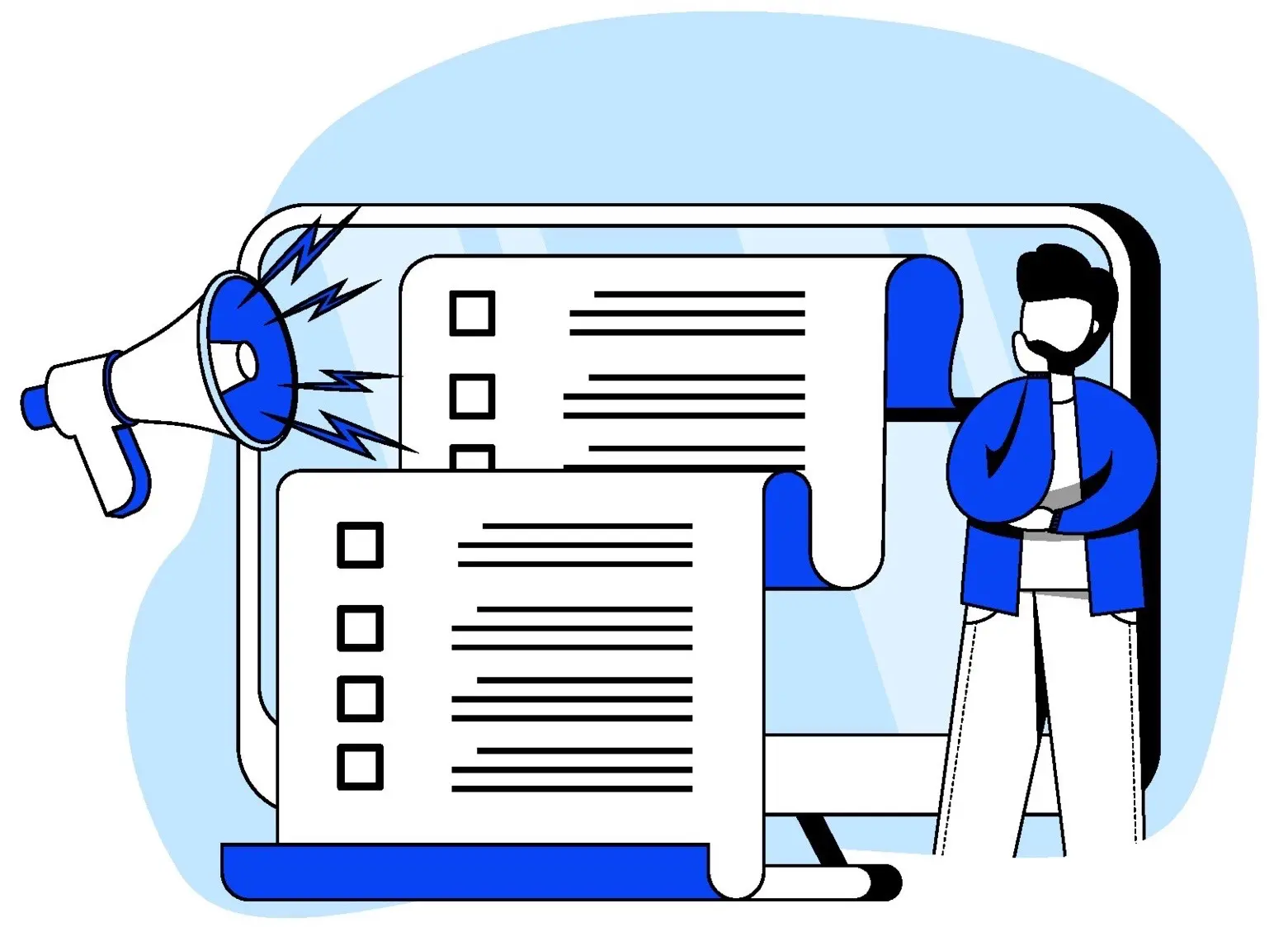First things first: there is no SOC 2 “certificate.” SOC 2 is an independent attestation report performed by a licensed CPA firm against the AICPA Trust Services Criteria (TSC). Your team operates controls and collects evidence; an independent CPA tests that evidence and issues the report.
Type 1 vs Type 2 — what’s the difference?
- Type 1: Point-in-time assessment of design—are controls suitably designed on the as-of date?
- Type 2: Period assessment of design and operating effectiveness—did the controls run as intended over 6–12 months?
Type 2 offers stronger assurance for customers because it proves controls operated over time. Many organisations start with Type 1 to confirm design, then move into a Type 2 examination window.
The path to SOC 2: Readiness → Remediation → Attestation
- Define scope & system description — services in scope, boundaries, components, subservice organisations (carve-out vs inclusive), and complementary user entity controls (CUECs).
- Select TSC — Security (mandatory) plus Availability, Confidentiality, Processing Integrity, and/or Privacy as needed.
- Readiness & gap assessment — review policies/procedures, control design, and evidence readiness; log and risk-rate gaps.
- Remediation sprint — owners, due dates, acceptance criteria; implement or tighten controls; produce proof (tickets, change logs, access reviews, monitoring).
- Evidence collection & monitoring — centralise artifacts; ensure logging, alerting, and review cadences are working and retained for sampling.
- Pre-audit dry-run — sample tests, population checks, exception handling, and narrative refinement.
- CPA attestation — engage a licensed, independent CPA firm for Type 1 or Type 2 and respond to PBC (Prepared-By-Client) requests.
- Maintain compliance — quarterly access/change reviews, incident exercises, vendor monitoring, vulnerability management, and bridge letters between periods.
Trust Services Criteria (TSC)
- Security — protection against unauthorised access.
- Availability — system uptime/capacity and recovery.
- Processing Integrity — complete, valid, accurate, timely processing.
- Confidentiality — protection of classified/proprietary information.
- Privacy — protection of personal information and PII.
Mapping to ISO/IEC 27001 (how they align)
If you already run an ISO 27001 ISMS, you’ll accelerate SOC 2—governance and risk foundations are reusable.
- Governance & risk: SOC 2 CC1.x ↔ ISO 27001 Clauses 4–10, Annex A.5 (policies, roles, risk, objectives).
- Access control: SOC 2 CC6.x ↔ ISO Annex A.5.15–A.5.19 (identity lifecycle, MFA, privileged access, reviews).
- Operations & change: SOC 2 CC8.x ↔ ISO Annex A.5.23–A.5.28 (change, capacity, logging & monitoring).
- Supplier management: SOC 2 CC9.x ↔ ISO Annex A.5.20–A.5.21 (due diligence, contractual controls, oversight).
- Protection: SOC 2 CC7.x ↔ ISO Annex A.5.7–A.5.14 (malware, vulnerability mgmt, backups, network security).
- Privacy: SOC 2 Privacy ↔ ISO/IEC 27701 add-on (roles, notices, DPIAs, rights, retention).
How Compliance365 gets you ready
- Scoping workshop & system description (boundaries, subservices, shared controls, CUECs).
- Control-by-control gap review against selected TSCs with an ISO 27001 mapping lens.
- Prioritised remediation plan with owners, evidence lists, and acceptance criteria.
- Evidence kit — templates for policies, access reviews, change tickets, incident runbooks, logs, backups, vuln scans, vendor due diligence, training.
- Pre-audit readiness check (mock requests and sample pulls to de-risk the CPA fieldwork).
- CPA hand-off support — introductions to independent CPA firms (we don’t attest; only licensed CPAs issue SOC 2 reports).
Summary
SOC 2 is an independent CPA attestation, not a certificate. The fastest route is to run a focused readiness and remediation program, then move into a Type 1 or Type 2 attestation window with evidence prepared and sampling risks under control. If you’re ISO 27001-aligned, you’re already part-way there.
Need help scoping or getting your evidence audit-ready? We can prepare you end-to-end so your CPA engagement runs smoothly.
Note: This article reflects guidance as at November 2023. Always confirm requirements with your chosen CPA firm.






